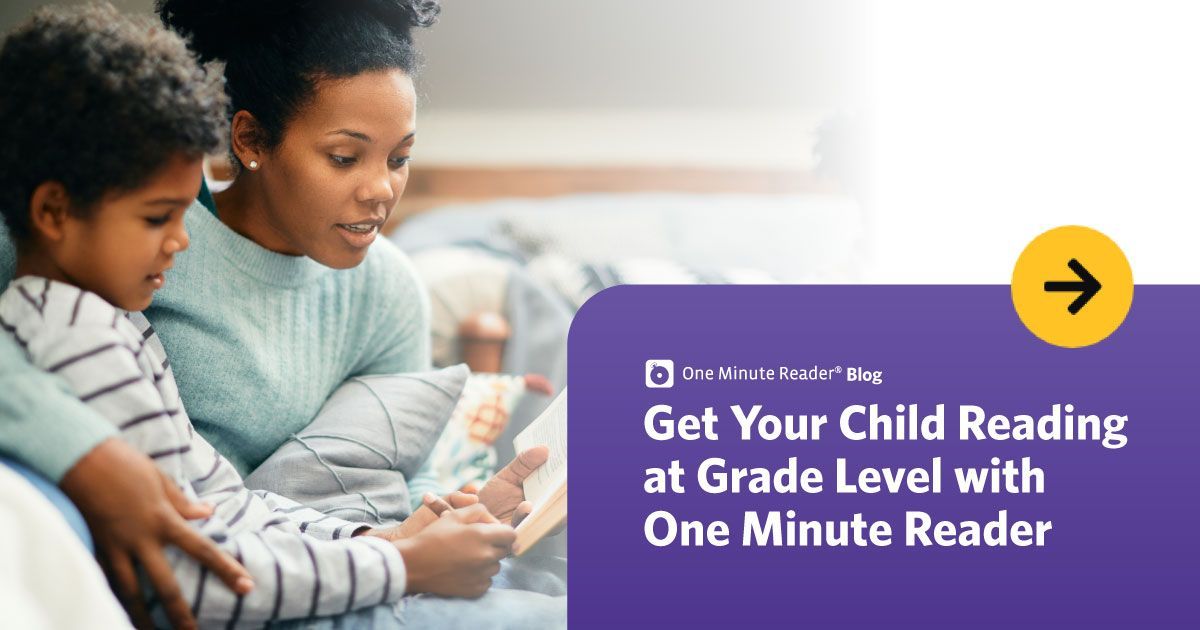Blog
Attention Parents: Tips for Boosting Literacy Over the Summer
Summer calendars tend to get very busy, despite many parents' best attempts to give their children plenty of unstructured free time. Quiet time to read might not earn a spot on the family calendar, but it should be highly prioritized nonetheless. Here are some tips to entice your kids to make reading part of their daily summer routine:
Make it fun!
- Ask a librarian or your child’s teacher for popular reading suggestions—not just the titles on the Summer Reading List, but a list of student favorites. Which books flew off the shelves this year?
- Find ways to connect your child’s interests to literacy-boosting activities. For example, a child who loves baseball can write a letter to a favorite player. An avid Minecraft player could be encouraged to read a book about the game. A super competitive kid might love the facts in the Guinness Book of World Records. A kid who loves arts and crafts could cut text out of magazines to create word collages or read a how-to book to learn something new.
Make screen time count
- Download Splat-O-Nym on an iPad to help your child build vocabulary skills. This independent word game includes over 8,000 questions teaching synonyms, antonyms, and words in context.
- Sign your child up for One Minute Reader. For just $24 ($8/month), your child can work independently to develop their fluency, vocabulary, and comprehension skills all summer long! One Minute Reader provides high-interest, nonfiction content and other engaging features. It's a structured and motivating way to keep them reading and ensure they make meaningful strides in their abilities. Here is a flyer with more information about how One Minute Reader can help combat the Summer Slide in reading.
Involve friends and family
- Encourage your child to write letters to friends or family members. Not only does this help develop their writing skills, but it also helps them stay in touch with loved ones. Hopefully they get some letters back to practice their reading skills!
- Set aside time for a read aloud. Take turns with your child to help them develop reading stamina.
Learn more about reading instruction
- Learn about the five components of reading your child needs to develop in order to become a successful reader.
We at One Minute Reader believe reading is the most important activity children should be engaged in this summer. We hope you get a chance to enjoy some good reading time, too!
Highlighted Posts


Ready to see an improvement in your child's reading?
Sign up today and get seven days for FREE.
One Minute Reader is just $8 per month after your free trial.
